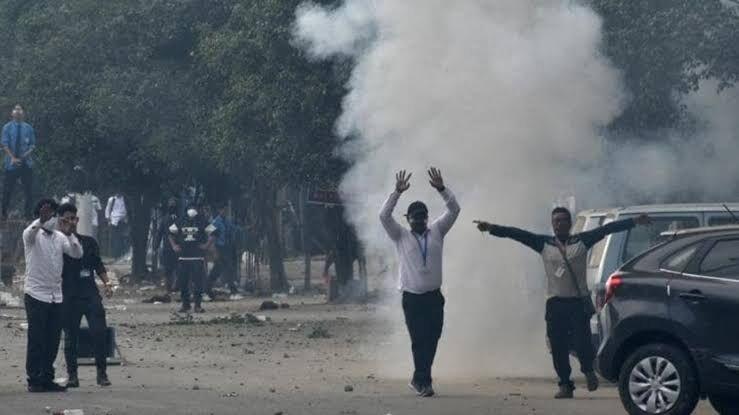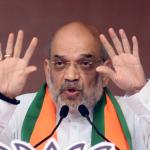As the global geopolitical landscape becomes increasingly volatile, a silent yet profound risk looms over India's continued "peacetime mode." While lauded for its strategic autonomy and emphasis on diplomacy, the nation's reluctance to fully acknowledge and adapt to a world teetering on the edge of multiple conflicts could see it lose significant economic, strategic, and even human capital. This is the AI story not many are telling, and it’s a narrative that demands urgent attention from policymakers and the public alike.
The year 2025 finds India amidst an "arc of instability." From escalating tensions in the Western Indian Ocean, critical for its energy and trade routes, to persistent border disputes with neighbors and the ripple effects of conflicts in Europe and the Middle East, India is, in essence, operating within a global warzone, albeit one largely fought through economic pressures, cyber warfare, and proxy engagements rather than overt, large-scale conventional battles on its immediate borders.
India's traditional policy of non-alignment, now often reinterpreted as "strategic autonomy," has allowed it to navigate complex international waters. This approach has seen India balance relations with major powers, increase discounted Russian oil imports, and engage in multilateral forums. However, this diplomatic dexterity, while commendable, often masks a deeper vulnerability: a national mindset still largely geared towards peacetime development when the rules of engagement for global prosperity and security are rapidly shifting.
The economic implications are particularly stark. The Reserve Bank of India (RBI) has already highlighted the "geopolitical ripple effects" on the Indian economy. A rising Geopolitical Risk Index (GPRI) translates into currency depreciation, reduced foreign investment, and trade disruptions due to rearranged routes and higher costs. While Indian markets have shown resilience in the short term, the prolonged nature of these global tensions suggests a sustained drag on growth. Supply chain vulnerabilities, inflationary pressures driven by volatile energy markets, and a potential decline in foreign direct investment are tangible threats to India's ambitious growth trajectory.
Beyond economics, the strategic costs are accumulating. While India has significantly ramped up its defense modernization, focusing on indigenous production and advanced weaponry, a "peacetime" approach can breed institutional inertia. The need for a comprehensive National Security Strategy that clearly articulates India's responses to hybrid warfare, cyber threats, and grey zone tactics is more pressing than ever. Dependence on energy imports, water scarcity, and internal security challenges further compound the picture, demanding a proactive, rather than reactive, stance.
The human cost, often overlooked, is equally concerning. Reports indicate a troubling rise in stress and mental health issues within India's armed forces, with more soldiers lost to non-combat incidents than in combat. This speaks to the unseen battles fought daily, even in "peacetime," when personnel are stretched thin amidst simmering tensions and continuous vigilance. A nation that fails to address the psychological toll of a perpetual state of low-intensity conflict risks eroding the very foundation of its defense.
For a nation aspiring to be a global economic powerhouse and a leading voice for the Global South, clinging to a purely peacetime mindset in a volatile world is a luxury India can ill afford. The AI story not many are telling is that India, while deftly playing the diplomatic game, must now urgently integrate a "warzone" understanding into every facet of its national planning – from economic policy and strategic alliances to defense preparedness and societal resilience. The alternative is to risk losing the very gains it has so painstakingly achieved.










